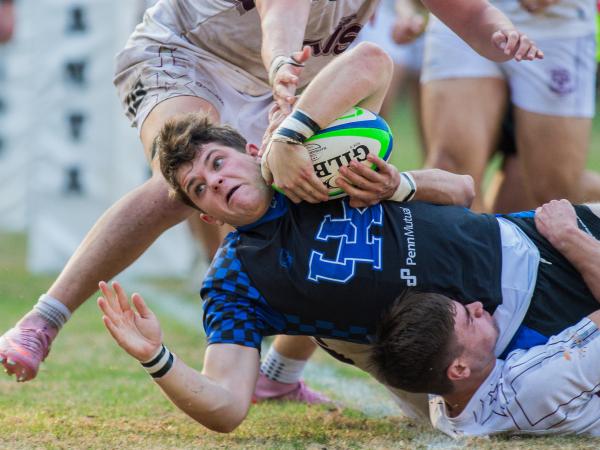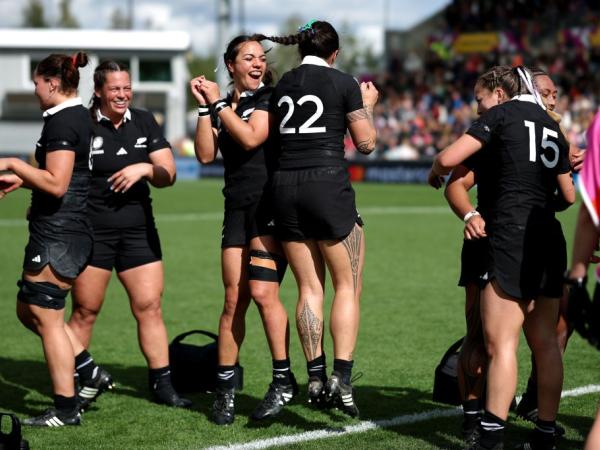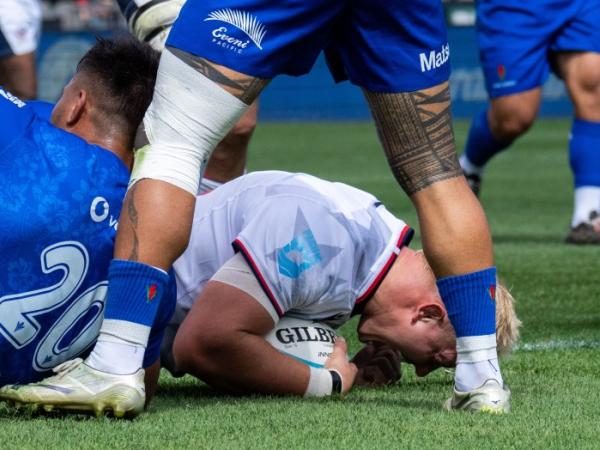In Part 1 we looked at some overall concepts of amateurism; in Part 2 we talk more about American college sports and some of the ideals and hypocrisies involved therein.
Now, let's look at what rules might work:
Quoted directly from the NCAA regulations:
All incoming student-athletes must be certified as amateurs. With global recruiting becoming more common, determining the amateur status of prospective student-athletes can be challenging. All student-athletes, including international students, are required to adhere to NCAA amateurism requirements to remain eligible for intercollegiate competition.
In general, amateurism requirements do not allow:
- Contracts with professional teams
- Salary for participating in athletics
- Prize money above actual and necessary expenses
- Play with professionals
- Tryouts, practice or competition with a professional team
- Benefits from an agent or prospective agent
- Agreement to be represented by an agent
- Delayed initial full-time collegiate enrollment to participate in organized sports competition
Academy and PRO contracts would fit into the 1st bullet point, and would make several college players ineligible. The second bullet point might well drop a few others. And the fourth - playing with professionals, is a big one. That ignores money altogether and says if you’re on a team of pros, then you’re not amateur. And the next bullet point means even those trying out for a team would lose their amateur status.
The final bullet point is perhaps one of the most important to think about when looking at overseas players. Student-athletes who delay enrollment in college due to religious mission, taking a year off, a regular job, military service, or a medical reason all would still be amateur. But if you delay enrollment because you’re playing a sport for money, then you lose your college eligibility. Overseas, especially in the UK and Ireland, you will see students leave school at 16 when they’ve taken their O Levels. Some might pursue a paid rugby gig, and then go back to school, take A Levels, and look at college in the USA. The NCAA would frown on that.
The NCAA does make an exception for playing for a national team, saying that “it is permissible for a current student-athlete or prospective student-athlete to participate on Olympic or national teams that are competing for prize money or are being compensated by the governing body to participate in a specific event, provided the individual does not accept prize money or any other compensation outside of the actual and necessary expenses.”
When some have raised questions about USA 7s players being in the CRC or USA Rugby College 7s Championships, they have a right to, but according to both USA Rugby and the NCAA, those players have not hurt their amateur status. However, the NCAA specifically says that it’s out-of-season participation with other teams (including national teams) that they accept. Taking a break from your team’s regular season to play for a national team is a different situation entirely.
All of this is made much more complicated because college rugby is outside the NCAA, and is carefully overseen by its national governing body. That NGB wants talented young rugby players to play at the best level. This is true of several others posts (soccer, hockey, basketball) where getting a young overseas student-athlete who is eligible in the NCAA’s eyes is really tough.
So it may be that USA Rugby has it right in using the NCAA as a guideline, but not following that organization too closely. It is under the NCAA, of course, that we have seen the worst abuses of college sports and college sports athletes. The argument that amateur sports is a sham (and one created to protect social elites) is one worth considering.
When college students anywhere can be paid for what they’re good at and not get kicked out of school, why are athletes different? When college rugby teams all over the world have much more relaxed rules about who can play for them, why the strict rules in the USA?
Additional information regarding NCAA amateurism rules is available on the NCAA Eligibility Center’s website by clicking on the “Resources” link at the top of the page. Another resource is the Guide for the College Bound Student-Athlete.
So what USA Rugby has to address is the following:
1. Whatever rules they come up with for PRO Rugby and college players, the students who signed contracts under time constraints and with little guidance for the 2016 spring season should get a mulligan.
2. PRO Rugby and USA Rugby should collaborate on a special college-level contract that expressly states an acceptable level of payment that is designed to support expenses related to academics or expenses related to playing for the team (travel, food, etc.).
3. Whether college players can play for a Pro team during the college season.
4. Whether national team assemblies affect college eligibility, and how.
5. Under what circumstances an overseas college player loses his US college eligibility, and what documentation he or she would need as an academy player to ensure a successful waiver request.
6. Specify what types of semi-pro and touring teams are OK to play for and what tournaments are OK to play in, and what are not OK. This could even be a master list.
Some readers may respond to this article by saying that the solution is simple - if you get paid in any form to play rugby, then you shouldn’t be eligible to play in college. But given how the rules of amateur sports have changed over the years, maybe we need to investigate further.



























































